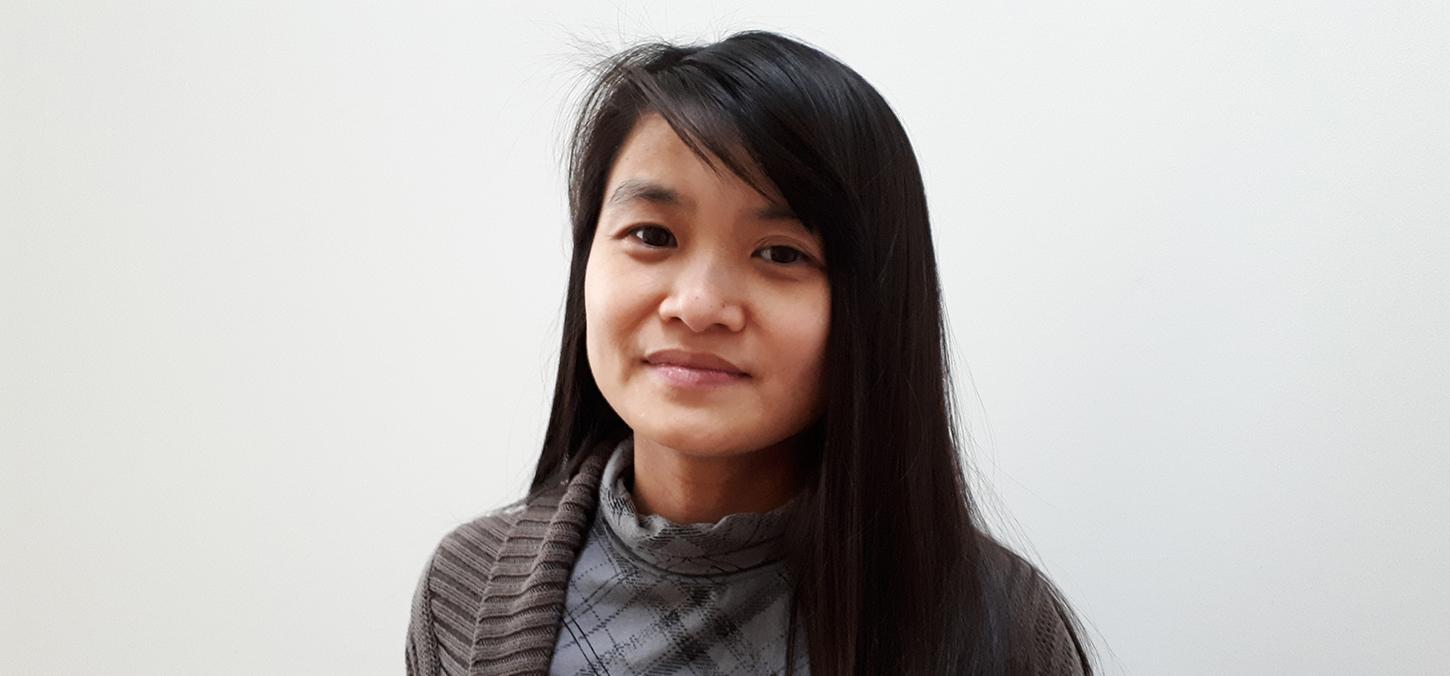
Newly appointed assistant professor sees opportunities to widen access to care through dental anaesthesia
“We have a really great opportunity to improve access to dental care across Canada and changing the landscape of what that means,” says Michelle Wong, assistant professor of dental anaesthesia of the training offered at the Faculty.
A 2010 DDS grad and a 2014 grad from the dental anaesthesia specialty program, Wong has been teaching in the program ever since. That experience has given Wong, who as of July 1 was promoted to full-time assistant professor, teaching steam, exceptional insights into the undergraduate and graduate dental anaesthesia training at the Faculty.
Now, Wong is excited to guide future graduates. “I had intended to do part-time private practice and part-time involvement in education,” says Wong, who cites a passion for mentorship as a reason academia has become the focal point of her career. “That teaching bug kept growing,” she adds, mentioning that her former mentors, which include dean Daniel Haas, were excellent role models.
The U of T Dentistry dental anaesthesia program is unique in Canada. Residents in the program undergo broad training through hospital rotations, as well as the Faculty’s dental anaesthesia Surgicentre. “Our residents rotate among anaesthesia departments not specific to dentistry, so they gain a wide scope of experience providing anaesthesia,” says Wong.
"It’s exciting that I can influence my profession and help develop where the profession is going"
That means residents provide anaesthesia for diverse ambulatory and same day surgeries including general surgery; ear, nose and throat procedures; obstetrics; and dental procedures. Residents also participate on ophthalmic and orthopedic surgeries.
“Residents are ‘overtrained,’” says Wong, “so when they graduate, they are highly trained for their careers.”
On January 1, Wong additionally will step into the role of director of the graduate specialty program, taking the reigns from assistant professor Carilynne Yarascavitch.
“It’s exciting that I can influence my profession and help develop where the profession is going,” says Wong, adding that “It’s quite an exciting and challenging time to do this.”
While there may be challenges ahead, Wong is staying focused on future opportunities for the residents and their patients.
The program may look to increase the number and diversity of rotation options for the program’s residents, for instance, adding care environments such as the Centre for Addiction and Mental Health (CAMH) to its list of partners in care. “It would be interesting to see where our services could support patient care,” Wong adds.
Improving training
Ultimately, Wong hopes to “continue to develop the quality and excellence in care and research” that the dental anaesthesia program is well known for. As the program continuously reviews the elements of competency-based education, she’s looking to include crisis management simulation training into the program.
“It’s similar to aviation pilots. You get into a simulator and train for adverse events,” she explains. The immersive simulation experience would allow residents in the program to prepare for any contingency while delivering care.
In the end, Wong says that for her the allure of the program is its people. “We truly support each other,” she says.
Read more about the graduate specialty program in Dental Anaesthesia.
Photo: Michelle Wong has been appointed assistant professor, teaching stream, in dental anaesthesia (Michelle Wong)